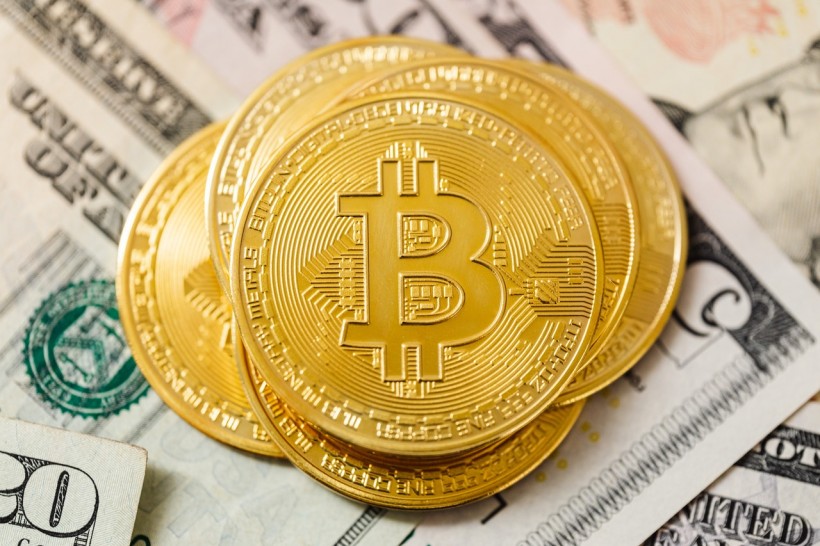El Salvador has become the first country to accept cryptocurrency as legal tender in their country. Specifically, the Central American country is now accepting Bitcoin as its legal tender.
The policy took effect on the morning of September 7, Tuesday. It is backed by President Nayib Bukele.
However, the rocky rollout has caused the price of Bitcoin to drop rather sharply as the government app went offline temporarily, and those not in favor of the policy took to the streets in protest.
El Salvador Accepts Bitcoin as Legal Tender

El Salvador has become the first country in the entire world to accept Bitcoin as legal tender.
Investopedia defines legal tender as "anything recognized by law as a means to settle a public or private debt or meet a financial obligation, including tax payments, contracts, and legal fines or damages." An example of a legal tender is a country's national currency.
The policy that accepts Bitcoin as legal tender in El Salvador took effect Tuesday morning.
According to a report by NPR, the country's president, Nayib Bukele, has said that accepting the cryptocurrency as legal tender can "spur investment in the country and help the roughly 70% of Salvadorans who don't have access to 'traditional financial services."
President Bukele also said that Bitcoin is also an effective means of remittances sent by citizens who work overseas, which easily amount to billions of dollars each year.
Per the NPR report, the government of El Salvador has 550 Bitcoin, which is equivalent to $26 million.
Bitcoin Prices Drop Sharply Amidst Rocky Rollout
The new policy may be welcome news for Salvadorans who are into cryptocurrency, but the rollout turned rocky as Bitcoin prices dropped sharply.
According to a report by Bloomberg, "the virtual coin was trading at about $47,200 as of 7:30 a.m. in Singapore, having slid as much as 17% a day earlier before paring some of the losses."
A similar report from Reuters states that "the price of bitcoin dipped 15% to less than $43,000 — the lowest price in nearly three weeks — before quickly paring some of the losses and settling at about $46,810 by 11:50 a.m. EDT, still 9% lower than one day earlier."
The rollout of El Salvador's new cryptocurrency policy did not exactly go as planned as the government's new digital wallet, Chivo, temporarily went offline. According to President Bukele, Chivo temporarily went offline so that the app could add more capacity.
The president likewise acknowledged issues with downloading the cryptocurrency app.
Salvadorans not in favor of the new policy also took to the streets in protest of the new policy of the government.
Cryptocurrencies Banned in Other Countries
The news of El Salvador accepting Bitcoin as legal tender has been the exact opposite of news that involves different cryptocurrencies being banned in certain countries.
Back in June, the UK made headlines for banning Binance from the country. It is, however, not the first country to ban Binance as both Canada and Japan have made the same move earlier than the UK.
Related Article: Breaking: Binance Banned from Operating in UK a Day After Japan and Canada Ban, FCA
Iran has banned crypto mining in the country in an effort to prevent blackouts in major cities after the demand for electricity reached its peak in May.
Turkey has likewise imposed a crypto ban that affected cryptocurrencies such as Vebitcoin.
Also Read: Imminent EU Ban on Cryptocurrency Anonymity to Fight Against Suspicious Activities
This article is owned by Tech Times
Written by Isabella James














